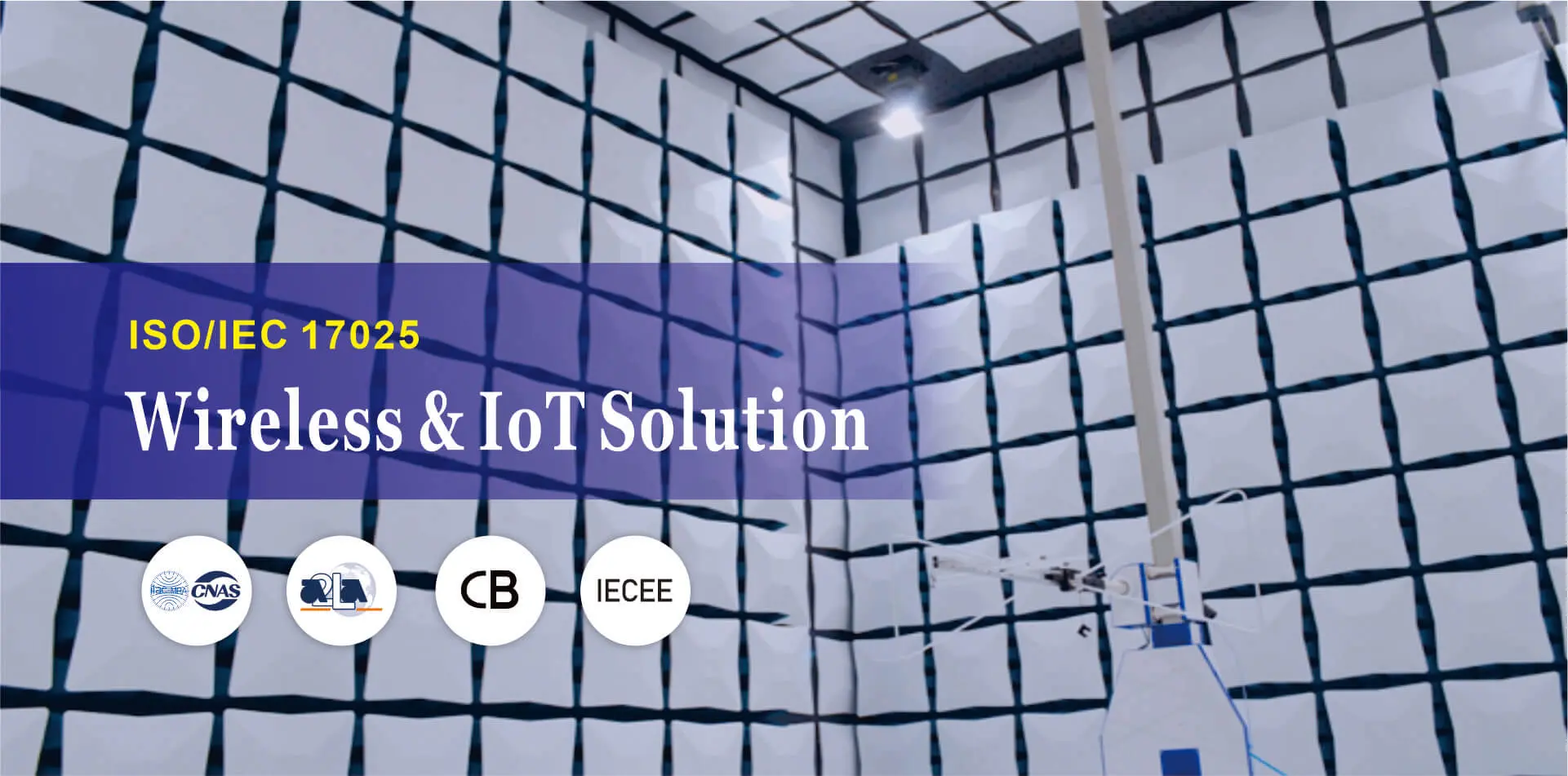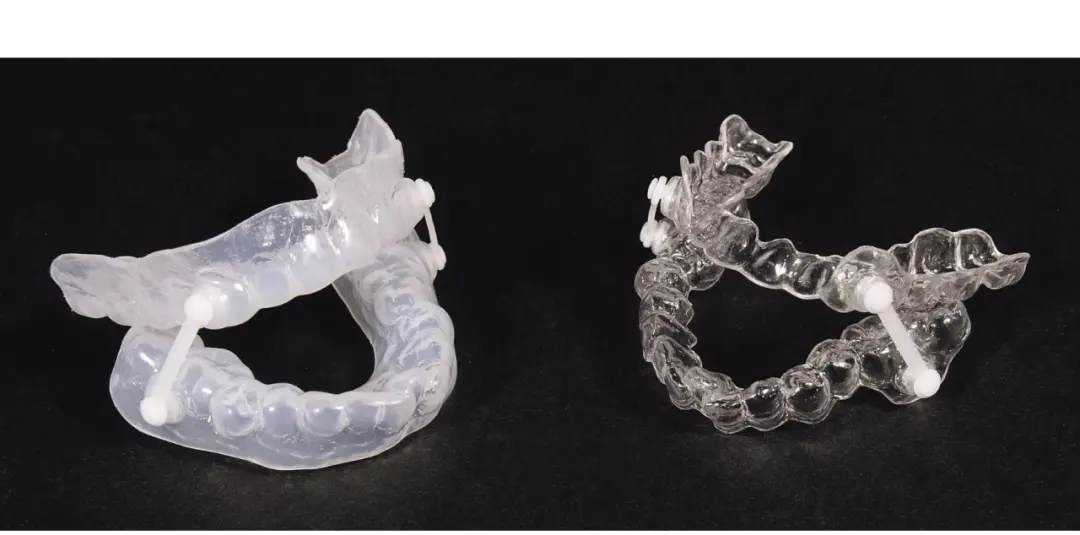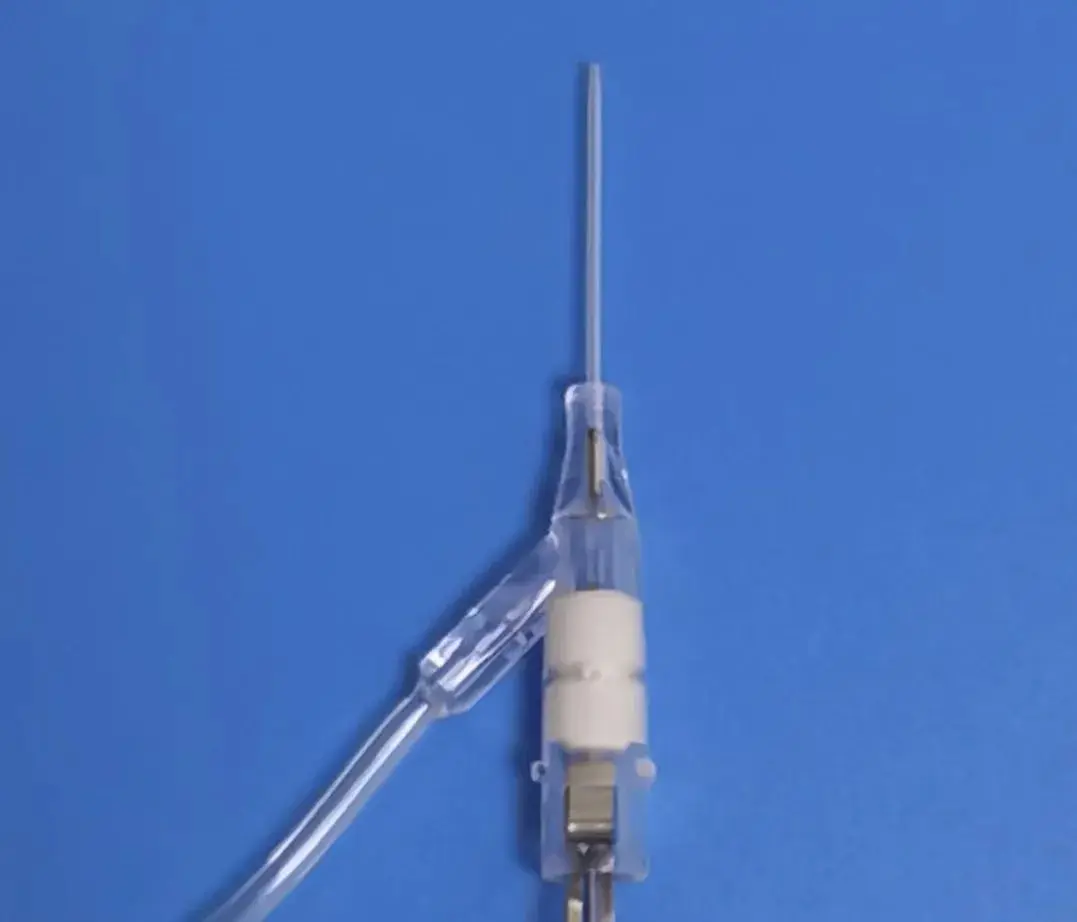
Export Certification for Electric Heaters to Europe and USA
Electric heaters, formally known as electric space heaters, are devices that convert electrical energy into heat. Their working principle involves using electric heating tubes as heating elements, which heat the air through convection to provide warmth. When exporting electric heaters, companies must ensure proper declarations and pay close attention to the technical requirements and common quality risks in the importing country. Below, we explain the export policies and relevant knowledge for electric heaters.

Different Countries’ Quality and Safety Standards
Different countries have varying requirements for the quality and safety standards of imported goods. Exporting manufacturers should take these regulations seriously, familiarize themselves with the relevant testing standards, and design their products scientifically to ensure compliance with the technical requirements of the target market.
1. Technical Requirements for Exporting to the EU
As household appliances, electric heaters must obtain CE certification before being exported to the European Union (EU). CE certification serves as a "passport" for products entering the EU and the European Free Trade Association (EFTA) markets, demonstrating compliance with the New Approach Directives on Technical Harmonization and Standardization. Additionally, CE certification is a mandatory requirement under EU law.
The CE certification for electric heaters involves safety and electromagnetic compatibility (EMC) testing standards, including:
- Safety Standards: General safety requirements for household and similar electrical appliances, as well as specific safety requirements for indoor heaters.
- Electromagnetic Compatibility (EMC) Standards: Requirements for electromagnetic interference (EMI) and immunity in household appliances, power tools, and similar devices.
- Harmonic Current Emission Limits & Voltage Fluctuation/Flicker Limits.
Furthermore, power plugs for products entering the EU market must comply with the "Non-rewirable Two-Pole Flat Plug with Flexible Cords for Household and Similar Equipment" standard.
2. Technical Requirements for Exporting to North America
Electric heaters exported to the United States, Canada, and other North American countries must obtain FCC and UL certifications:
- FCC Certification (Mandatory):
- FCC certification is required for all radio applications, communication products, and digital devices entering the U.S. market.
- It mainly focuses on electromagnetic compatibility (EMC) requirements.
- The relevant FCC EMC standard for electric heaters is 47 CFR Part 15B, which regulates radio frequency interference and emission control for electronic equipment.
- UL Certification (Voluntary but Essential for Market Access):
- UL certification is conducted by Underwriters Laboratories (UL) for product safety testing.
- It applies to electronic products, household appliances, and industrial equipment, assessing their safety and compliance.
- Although UL certification is not mandatory, it is one of the key certifications for entering the North American market.
- The relevant UL standard for electric heaters is UL1278, which specifies safety requirements for portable, wall-mounted, or ceiling-mounted indoor electric heaters.
Email:hello@jjrlab.com
Write your message here and send it to us
 Toothbrush FDA Certification Testing
Toothbrush FDA Certification Testing
 Snoring Device FDA 510k Standard Testing
Snoring Device FDA 510k Standard Testing
 Single Use Intravenous Catheter Certification Test
Single Use Intravenous Catheter Certification Test
 Silicone Material Product Compliance Certification
Silicone Material Product Compliance Certification
 What to Do If Cytotoxicity Test Results Are Positi
What to Do If Cytotoxicity Test Results Are Positi
 ISO 10993:5 Cytotoxicity Testing Methods
ISO 10993:5 Cytotoxicity Testing Methods
 FDA ISO 10993-1 Biocompatibility Evaluation Guidel
FDA ISO 10993-1 Biocompatibility Evaluation Guidel
 In Vitro Cytotoxicity Testing for Medical Devices
In Vitro Cytotoxicity Testing for Medical Devices
Leave us a message
24-hour online customer service at any time to respond, so that you worry!




